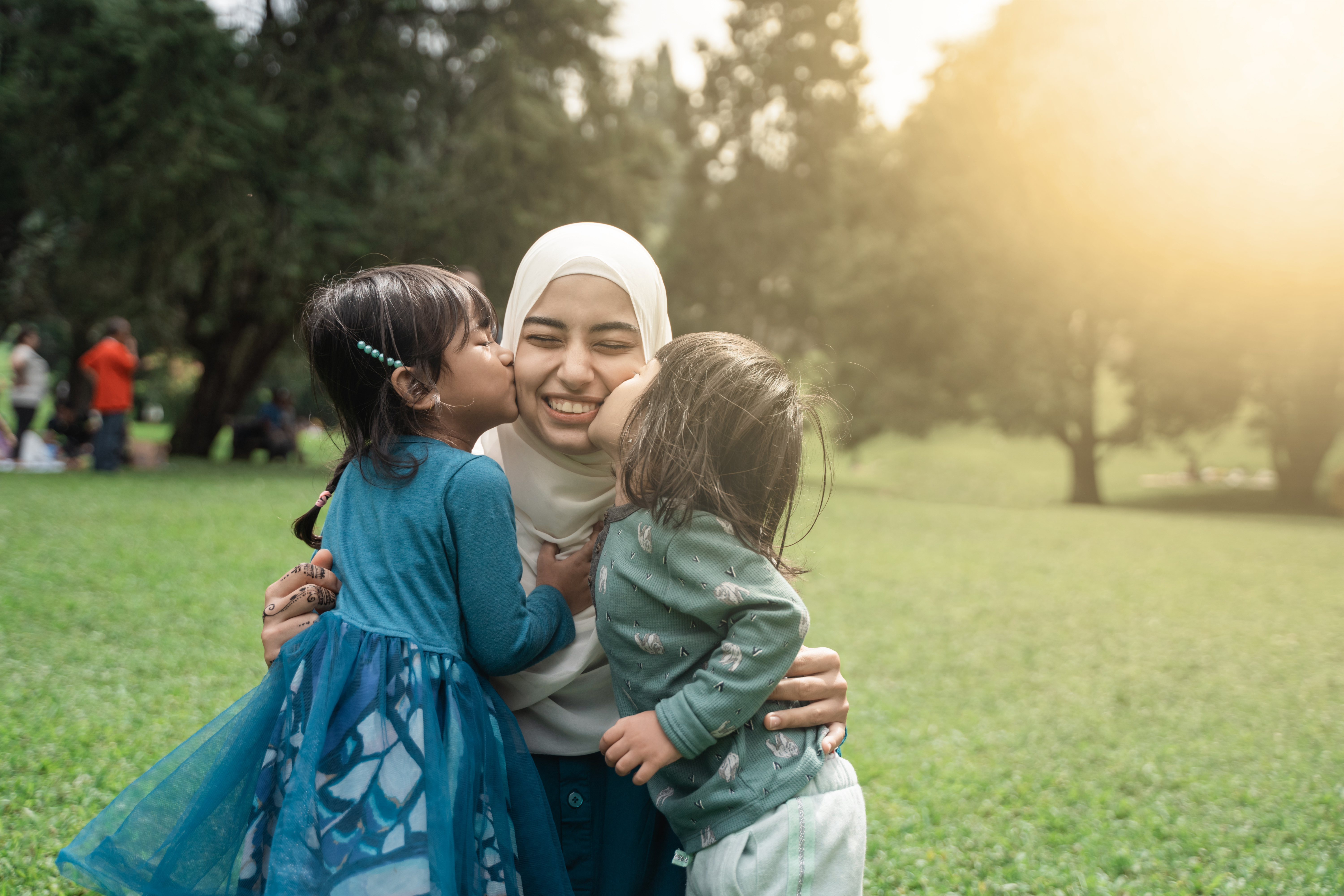Adoption
An extremely rewarding role
Adoption is not a decision to be taken lightly, and families who do choose to adopt are provided with support and specialist advice throughout their journey, often undertaking the difficult task of rehabilitating children who have experienced extreme trauma and/or abuse.


